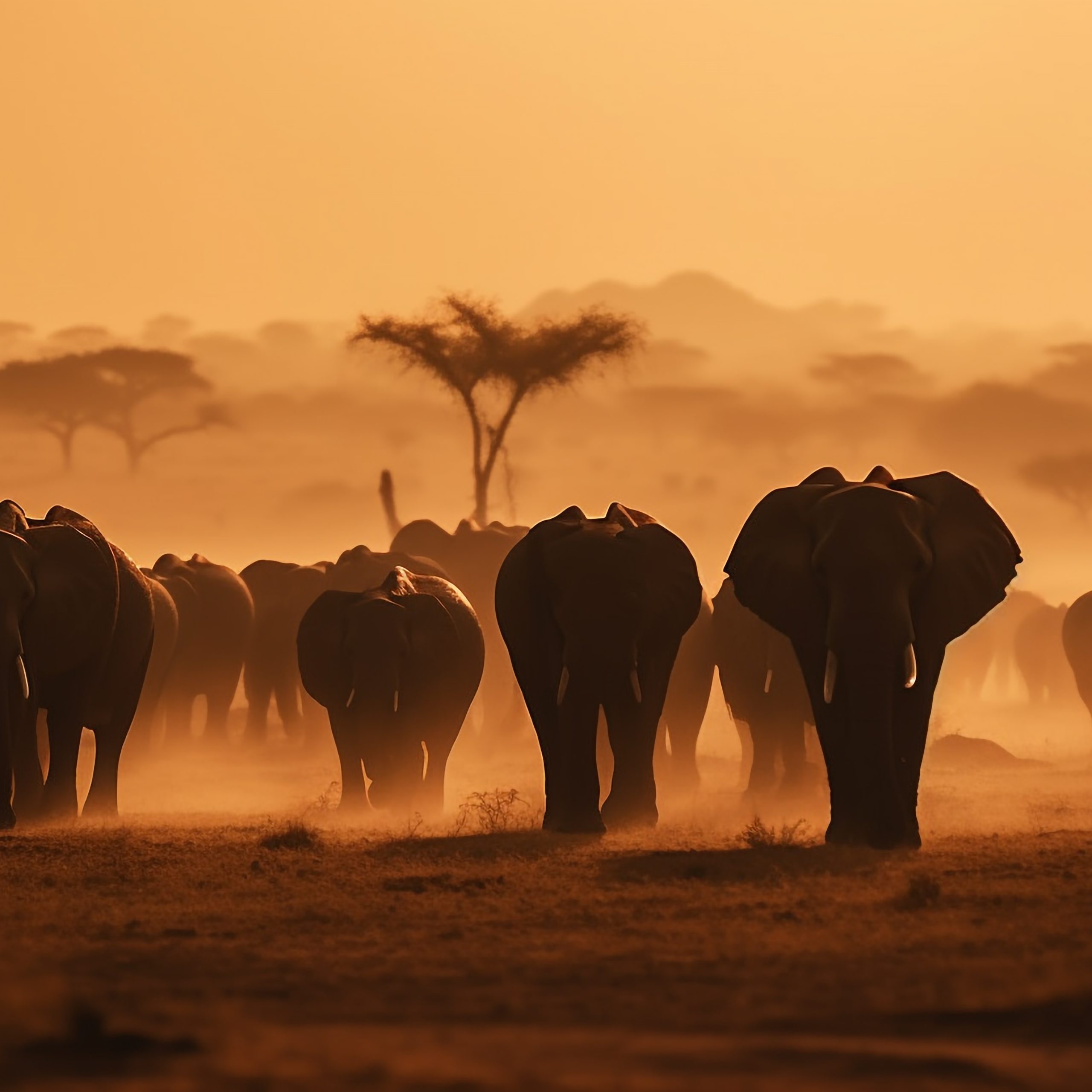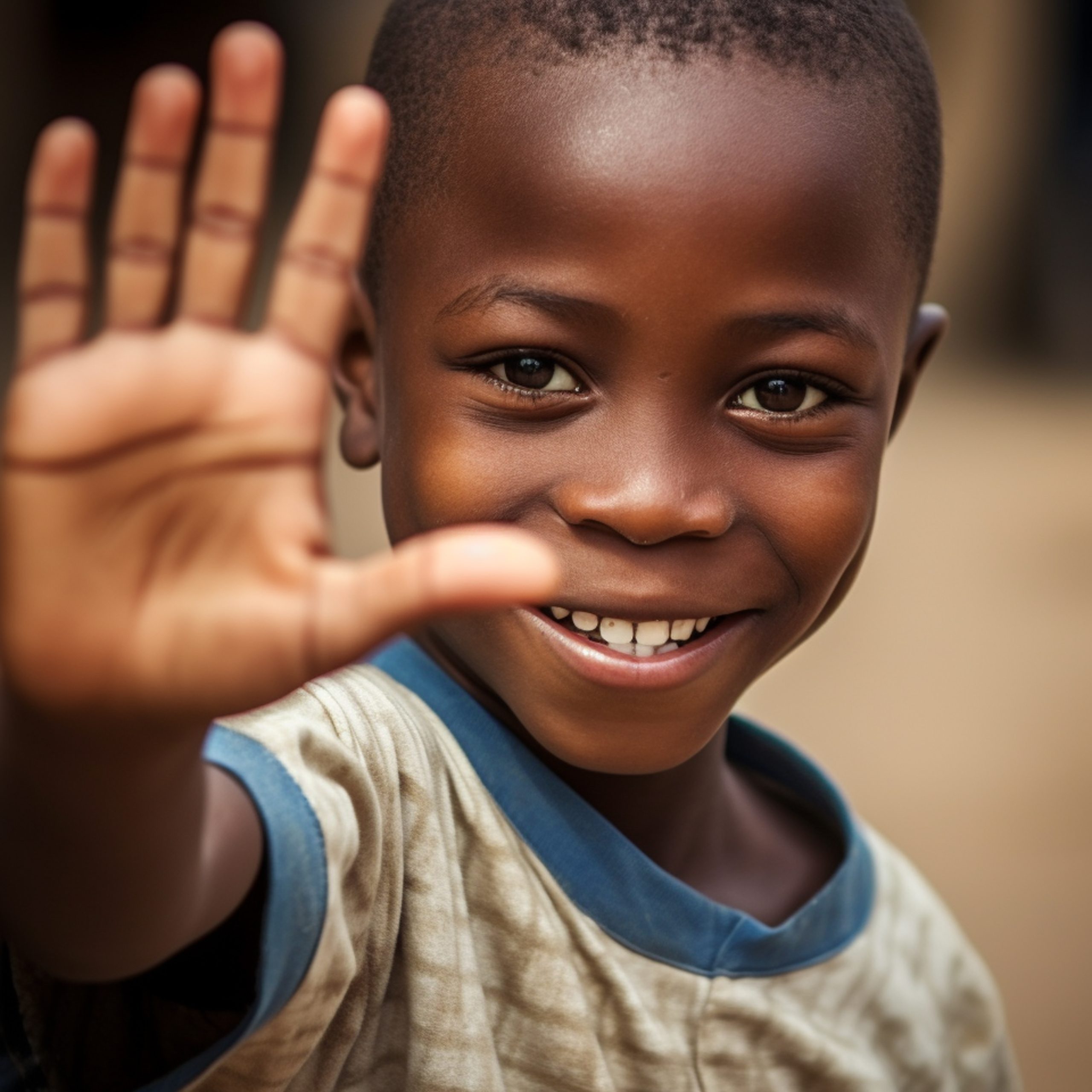FROM PASTURES TO PROGRESS, N’SELE AND MALUKU’S URBAN TRANSFORMATION
By Eunicia Lutete updated on May 21, 2024
As Kinshasa, the capital of the Democratic Republic of the Congo (DRC) continues to grow, urban development is spreading towards its outskirts in the eastern regions of N’sele and Maluku. Formerly known for their landscapes, these areas are now becoming hubs for investments and progress. Many Congolese individuals, especially those returning from overseas, are seeking solace from the hustle and bustle of city life by purchasing land in these regions. With the central areas of Kinshasa becoming overcrowded and expensive in terms of property prices, more buyers are turning their attention to N’sele, that covers 898,79 km2 and Maluku 7,949 km² of land. Both areas have populations exceeding 200,000 residents and these areas are increasingly favoured for homes, weekend retreats, hotels, agricultural ventures and rural getaways. This piece delves into the evolution of N’sele and Maluku, highlighting the investments pouring in and the potential opportunities that abound.
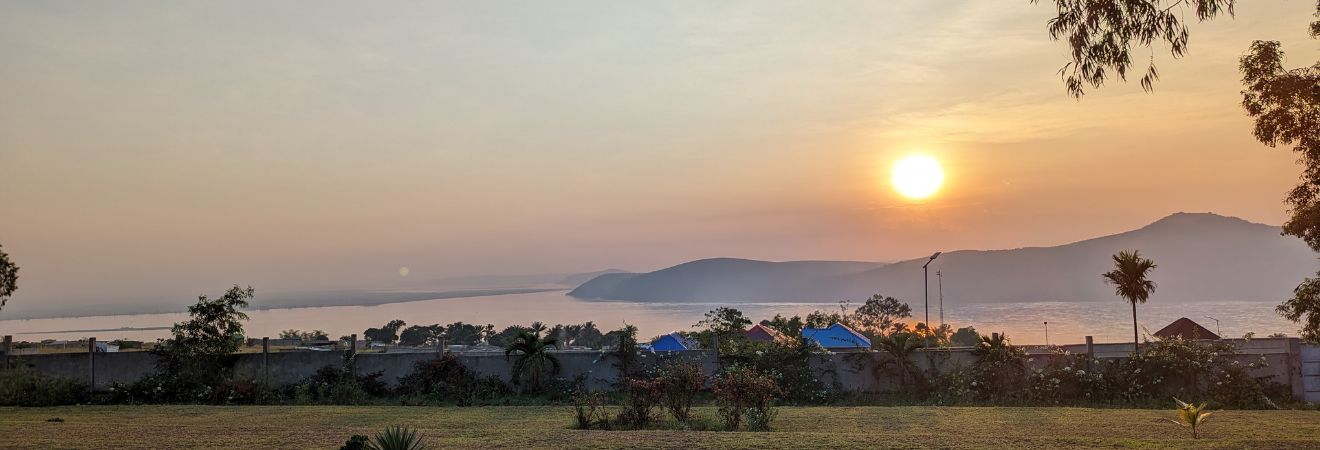
By 2024, N’sele and Maluku have transitioned from being fields to thriving communities offering a break from the noise and congestion of Kinshasa—a metropolis with over 17 million inhabitants. According to Macrotrends (2024) Kinshasa has seen a population growth of 4.4% since 2021 contributing to its densely populated state. Consequently, many residents are turning towards the outskirts in search of a more sustainable way of life. Residents of Kinshasa are showing a growing trend of purchasing properties or constructing houses in the regions of N’sele and Maluku. These areas provide a chance to escape the hectic pace of the city while still enjoying access to modern amenities. Investors are recognizing the potential in these regions and are putting money into various sectors, including agriculture, infrastructure, housing, hospitality, and manufacturing.
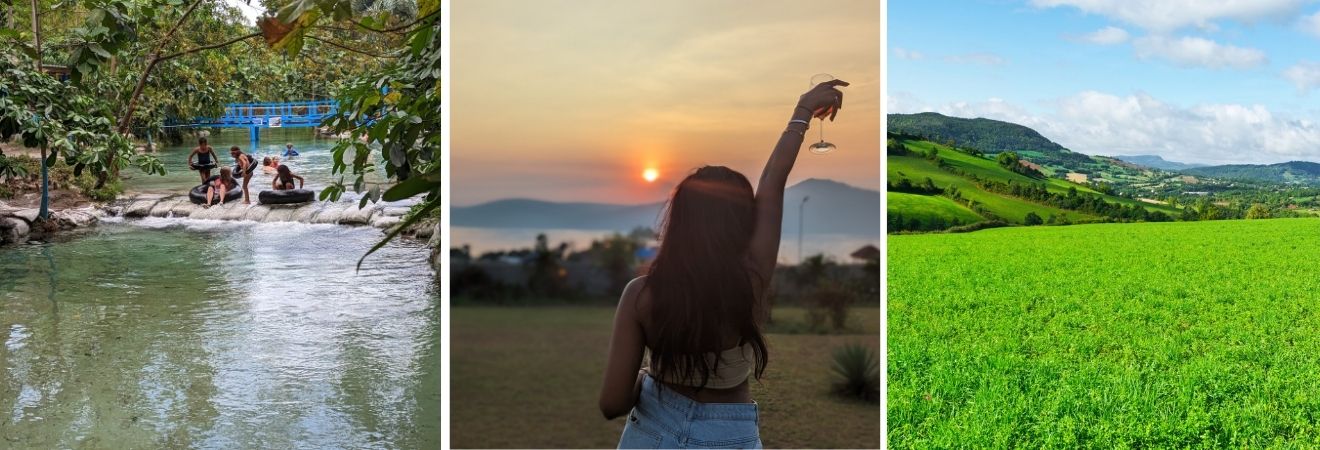
- Agriculture: The fertile lands of N’sele and Maluku offer significant opportunities for agricultural development. Investors are establishing farms and agribusinesses, which not only boost local food production but also create jobs for the residents.
- Infrastructure: The construction of houses, hotels, and manufacturing facilities are on the rise. This development ensures that people in N’sele and Maluku can access essential services and employment opportunities without enduring the long and exhausting commutes to Kinshasa.
- Housing: Affordable housing projects are being developed to accommodate the growing population. These projects aim to provide comfortable living conditions, which are often hard to find in the overcrowded urban center of Kinshasa.
- Hospitality and Tourism: The natural beauty of N’sele and Maluku makes them attractive destinations for tourists and locals seeking relaxation. Investors are building hotels and resorts to cater to this demand, further stimulating the local economy.
The development of N’sele and Maluku brings numerous benefits to local residents. With the increasing availability of jobs and services in these areas, people can avoid the daily struggle of commuting to Kinshasa. This shift reduces the stress and financial burden associated with high city rents and long travel times. Additionally, as more businesses and industries establish themselves in N’sele and Maluku, residents can find employment closer to home, enhancing their quality of life.
Investors are strongly encouraged to explore opportunities in the eastern parts of Kinshasa, particularly N’sele and Maluku. These regions are ripe with potential, offering a chance to participate in the transformation of the DRC. As the country gradually opens up to the world and continues to develop, investments in these areas will not only yield financial returns but also contribute to the overall progress and prosperity of the nation. The investments being made in these regions are transforming them into thriving communities with ample opportunities for growth. By improving infrastructure, creating jobs, and providing essential services, these developments are paving the way for a brighter future for the residents of N’sele and Maluku. As the DRC continues to evolve, the eastern outskirts of Kinshasa stand poised to become a vital part of this transformation, offering a more balanced and prosperous way of life for all.
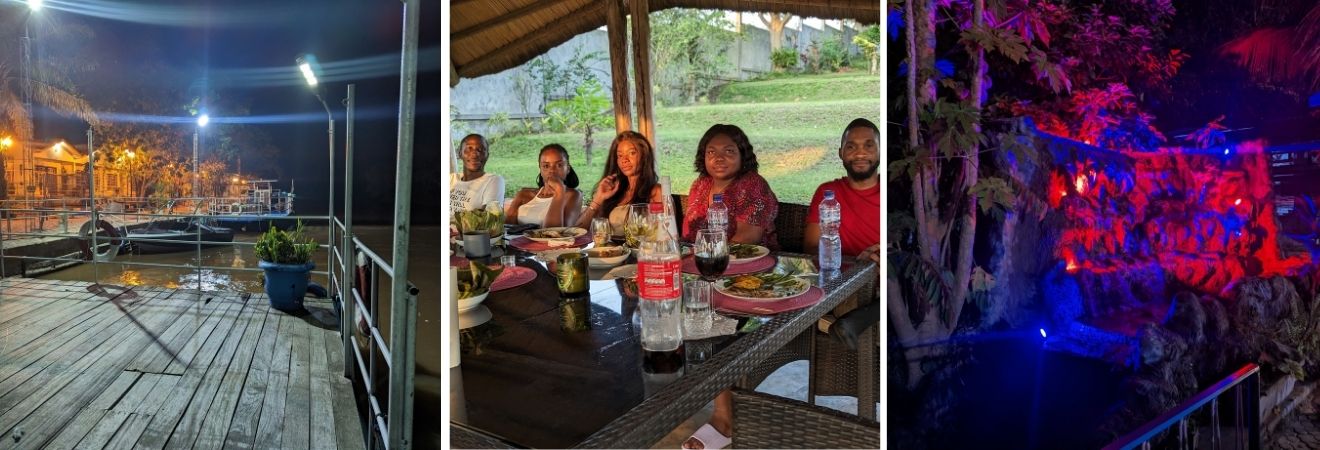
Tourist attractions in N’sele:
Parc de la vallée de la N’sele (Kingakati)
Kim River
Safari Beach
Les Pieds dans l’eau
La sabliere
Uganda Yalta
Jardin d’Eden
Tourist attractions in N’sele:
Chez les conseiller
Bombo-Lumene
Le petit paradis
Ibi Village

